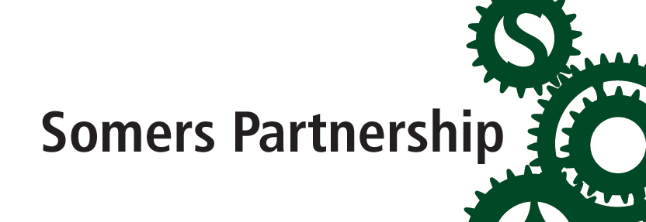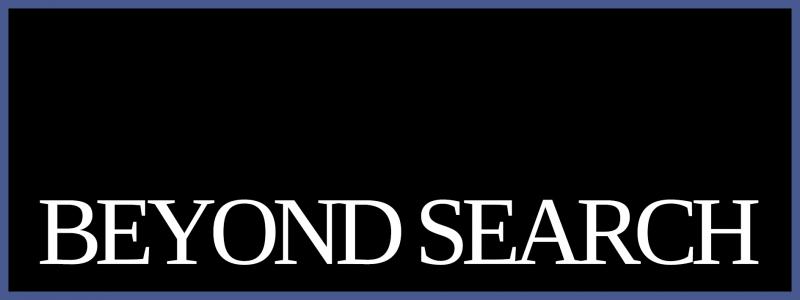
Experts: Mark Somers, Somers Partnership and James Davies, Beyond Search
Key message
There is a concern in the wealth management industry that the ratio of farmers and rustlers to hunters is out of balance. This roundtable discussed the strategies which can be adopted to solve the problems this trend brings, including recruitment from other sectors and further training.
Headlines
- With digitalisation spreading through the wealth management industry, would it be better for firms to harness skillsets for the new generation internally or from other sectors?
- Perhaps a hybrid individual with a skillset which encompasses both hunting and farming could be more valuable.
- Training and development is a good retention tool, although how can employers prevent the risk of employees leaving after the company has invested huge amounts in them?
- It is easier to recruit someone with the talent to be a rainmaker and teach them technical skills than the other way around.
- Money is usually not the reason why employees move – the quality of opportunity matters more.
Key themes
McKinsey research shows that investment returns will be harder to maintain in the next 20 years than the last 30 years. This fact combined with the expert’s view that organisations have, over time, shifted from being client centric to going out of their way to attract and retain rainmakers, brings several key themes to this session.
An introduction by one of the experts revealed the current sentiment is that there are not enough hunters. There is also uncertainty on whether the right frontline people are employed. To pursue this further, the floor was opened to discuss whether private banks should start recruiting talent from different industries, namely the tech industry due to the recent digitisation of wealth and what delegates are currently struggling with in their business.
A variety of responses followed through, due to the diversity of delegates’ backgrounds. However a theme surfaced on a hybrid hunter/farmer model. Is the best model a combination of hunter and famer? Or should there be separate business divisions for hunters and farmers? Are firms equipped to help farmers transition into hunters? What about hunters who now find themselves farming 80% of the time?
Delegates revealed they are already experimenting with strategies such as recruiting from different industries and establishing an in-house academy to nurture talent. One challenge arising from recruiting talent from various other industries is the team culture. It takes time to integrate everyone into the private banking culture as well as smoothly meshing together old and new culture. It is said that the difference between an average and great employee is the level of culture fit.
The general consensus was that is it easier to recruit someone with the talent to be a rainmaker and teach them the technical skills rather than the other way around. Rainmakers are seen as people with drive and who can create a great workplace culture, while also having enough thirst to boost consultative sales.
When recruiting, the delegates in their positions as employers specified that they are looking for entrepreneurialism and a large AUM. It was also mentioned that money is never the reason why an employee would move – it is more along the lines of the quality of the opportunity and cultural match. It was mentioned that the industry is lacking in sophisticated CMOs, who are key in attracting talent.
The dilemma for a lot of delegates was how to prevent professionals from moving on to another firm after substantial investment has been put into training them. As the concept of a job for life is now almost non-existent, the dilemma consists of either training employees and seeing them leave versus not training them and having them stay. It is found that people are more likely to leave if they are trained, in the pursuit of career progression. Therefore to increase retention, a company must have a suitable career plan for their employees.
Hybrid hunter/farmer models may benefit the employer as well as the employee themselves. Hunters, although high calibre, are often found struggling when working under people. Open equity structures may incentivise them but are employers willing to take this step? One delegate says definitely. It is important to build relationships at the beginning and move farmers up over the course of time.
Other than hunters and farmers, rustlers also exist in the industry. These are people who move around companies and take assets with them while doing so. Twenty years ago in the insurance industry, the problems caused by rustlers were resolved by embedding others into the client relationship. With a team including specialists, client relationships where there are many touchpoints can be sustained even when one member (especially the RM) decides to leave. Teams are found to be rated higher than RMs in the US specifically, leading to higher client engagement.
Shifting our focus to clients now, it was mentioned that the easiest time to hunt for new clients is when teams in other companies are changing, especially if the main contact leaves. According to a family office, the best way is to embed clients more into the firm and listen to the opinions of younger staff more. These youthful staff are also needed to understand new clients and maintain experienced farmers in the business.
All in all, a Farmergeddon could also be an opportunity to refresh the business. It could turn into a period where hiring and retention strategies are revised, propelling the business to the top.
Conclusions
The wealth management industry may be close to Farmergeddon, with its closed off hiring strategies and distinct hunter/farmer personalities. It is time for the industry to explore hiring from different sectors, especially technology, in this rise of the digital age. Firms may also want to nurture hybrid workers who can take over farming or hunter responsibilities whenever needed.




